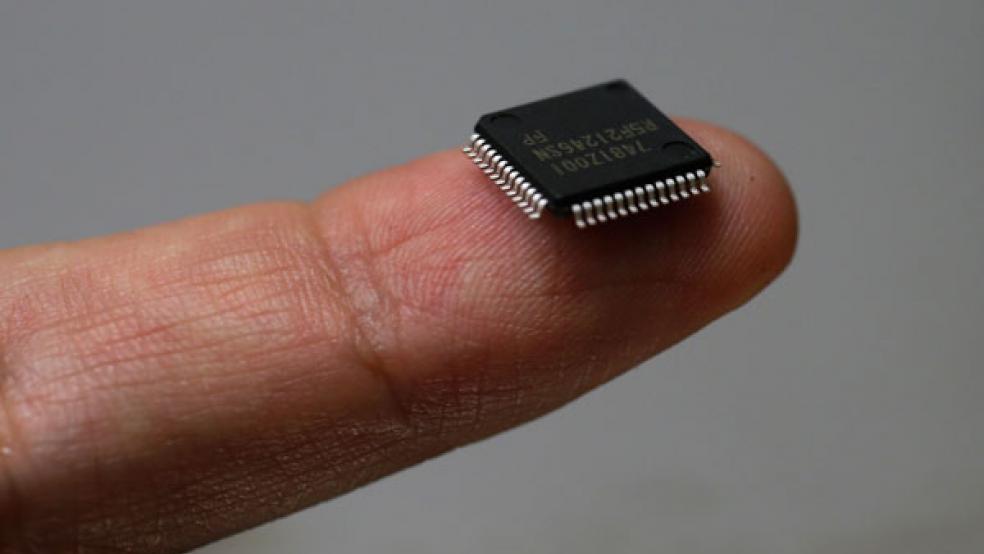The House of Representatives on Thursday passed a $280 billion package aimed at bolstering the U.S. semiconductor industry and boosting domestic scientific and technological research in order to improve competitiveness with China. The bill, which passed the Senate Wednesday, now head to President Joe Biden’s desk for his signature, providing the administration with a legislative victory.
“Today, the House passed a bill that will make cars cheaper, appliances cheaper, and computers cheaper,” Biden said in a statement Thursday afternoon. “It will lower the costs of every day goods. And, it will create high-paying manufacturing jobs across the country and strengthen U.S. leadership in the industries of the future at the same time. The CHIPS and Science Act is exactly what we need to be doing to grow our economy right now.”
The House vote was 243-187, with 24 Republicans joining 219 Democrats in backing the bill even after House Republican Leader Kevin McCarthy of California urged GOP members to reject it — a stance that The Washington Post said came as retribution for Senate Democrats’ surprise agreement on a budget reconciliation package, “an effort to deny Biden and Senate Majority Leader Charles E. Schumer (D-N.Y.) a legislative win.”
Rep. Frank Lucas (R-OK), the top Republican on the House Science Committee, said he “regrettably” could not support the chips bill because of Democrats’ other spending plans. "I cannot ignore the fact that the immense tax hikes and irresponsible spending in the expanded reconciliation package change the calculus when it comes to supporting spending bills, particularly a bill that has come to be tied to reconciliation," Lucas said.
The Senate’s 64-33 vote a day earlier saw 17 Republicans, including Senate Minority Leader Mitch McConnell (R-KY), support the bill along with 47 Democrats.
The legislation will provide $52.7 billion for U.S. chipmakers and some $24 billion more in tax credits for the industry. It also provides hundreds of billions of dollars for scientific research and technological development.





